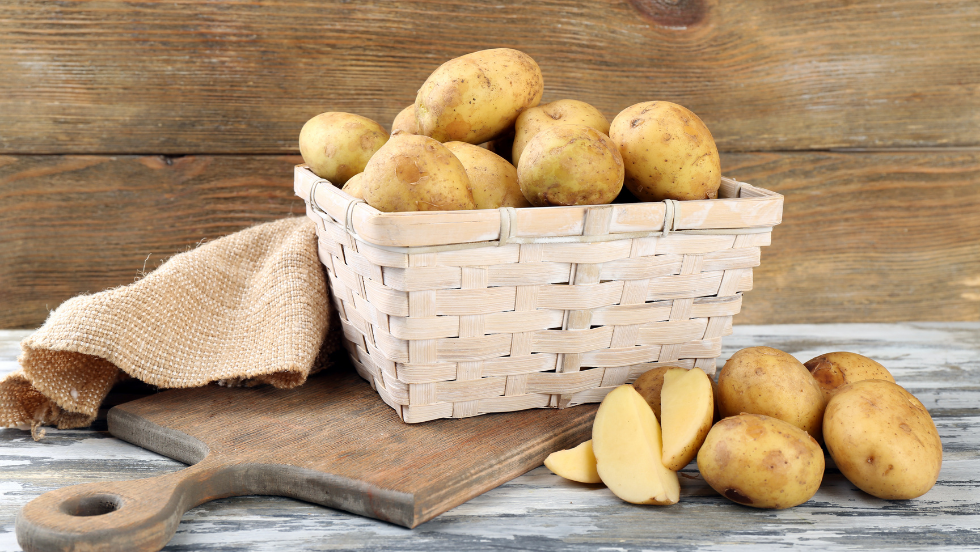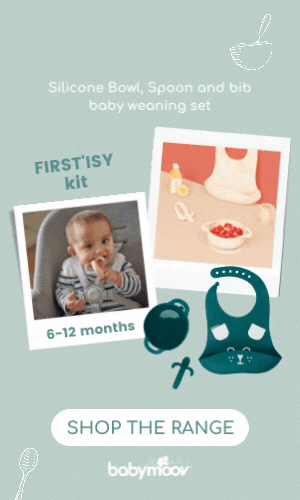Potatoes
The benefits of potatoes:
Potatoes are a tuber which, today, has 3,000 varieties that can be classified based on their flesh – firm, creamy, floury – or their distinctive features. So each potato has its own recipe!
They are made up of 77% water, on average. The remaining 23% is dry matter consisting of: 17.6% starch, 1.9% protein, 1.8% fibre, a very small percentage of fat (0.1%) and about 2% of other elements (vitamins and minerals). Potatoes should be stored in a fresh, dry and dark place, otherwise they will sprout.
Properties:
Starch, which is the plant’s reservoir of carbohydrates, builds up in potatoes. Being so rich in complex carbohydrates, means that potatoes have the properties of starchy food: they release energy gradually and are filling.
Potatoes are a good source of fibre. Fibre comprises a group of substances that our bodies cannot digest, but help prevent constipation and control the appetite.
Potatoes are one of the rare starchy foods that contain vitamin C. As well as being an antioxidant, vitamin C also helps absorb iron. In order to preserve this vitamin as well as possible, potatoes must be stored away from light and preferably steam-cooked with their skin. Being a source of vitamin B2, potatoes allow you to use nutrients in a better way and enhance the synthesis of skin, nails and hair.
Tips:
Potatoes are also one of the first foods introduced during weaning. Ask your paediatrician before introducing them, especially if you want to start before the baby is 6 months old. There are rare, but serious allergies to potatoes.
Conclusion:
Potatoes are one of the first starchy foods given to babies. Introducing them in the food you prepare, they should account for one-third with two-thirds of vegetables.


 EN
EN FR
FR NL
NL DE
DE ES
ES





